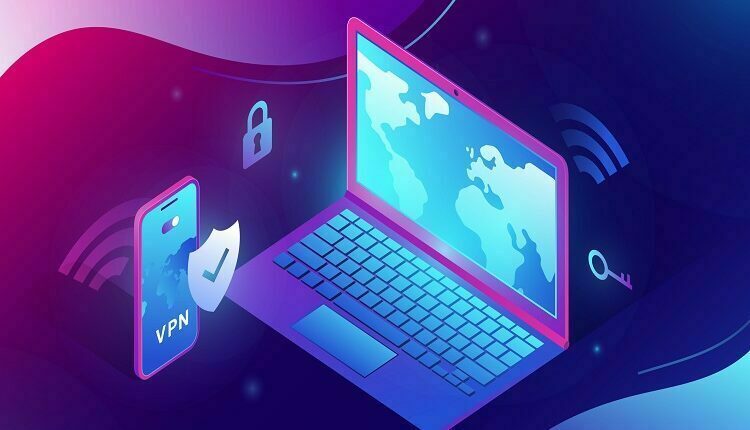Proxy – what it does, what it is for, where it is used
Each device has its own IP address, thanks to which the user can surf the Internet. When you entered this site, the system recorded the IP address of your computer, so that the administrator even knows your approximate location. A proxy will allow you to remain anonymous on the Internet, but this is not the only thing that proxies are capable of.
Table of Contents
What is a proxy server?
Take a look at the image above. There is you, there is a device with which you access the Internet. A proxy stands between the Internet and your device. That is, you get to a certain site through it, as it were. Your personal IP address provided by your ISP is hidden and replaced by the same proxy server.
Personal IPv4 proxies can be found, for example, at proxy-seller.com.
What does a proxy do?
A proxy is an intermediary. Its job is to show the site a specific IP address.
Many people confuse Proxy and VPN.
Yes, both Proxy and VPN can keep your IP address anonymous. But in a VPN, you connect to a new network, which means:
- use of additional software;
- slowdown of the network;
- low speed of loading pages;
- complication of work with multi-accounts – the administration of the resource will instantly ban everything, because accounts work within the same network.
With a proxy, you do not connect to the network directly but go online by passing your connection through the Proxy. The site administration does not see your actual location and IP address. You write the address itself in the browser settings, programs, or “Parameters” (“Control Panel”). For more information and insights on proxies, check out the latest reviews on Plugboxlinux.org to stay updated on tech solutions.
What is a proxy for – use cases
Proxy is used for:
- Restrictions on some resources. You can create a network where only 2-3 sites will be available, and all the rest will be banned. Organizations and government agencies often block the Twitter, LinkedIn, Youtube, Twitch or Instagram.
- Increase the speed of loading pages. There are proxy servers that store the caches of certain sites. By accessing the Internet through such a Proxy, the user can get instant loading of pages as proxy has already chached certain website.
- We sorted it out: we go online under someone else’s IP address and keep the anonymity of our own.
- Access to prohibited content. It can be darknet or completely legal services that are not available in your country.Optimization of traffic and data
- All these “Turbo modes” in browsers are also built on the basis of Proxy: browsers save all content on a specific server and serve it to the user in an accelerated mode. This only works with some resources.
- Saving site information. This is already for admins: proxies are used as an SLL gateway – thus, the attacker sees the fictitious IP address of the company’s computer.
Should you use a Proxy?
The answer is more yes than no. It would be unethical to recommend using proxies for personal, fraudulent purposes, because cybersecurity specialists have their own tracking tools: using the same proxy, you can decrypt encrypted traffic.


